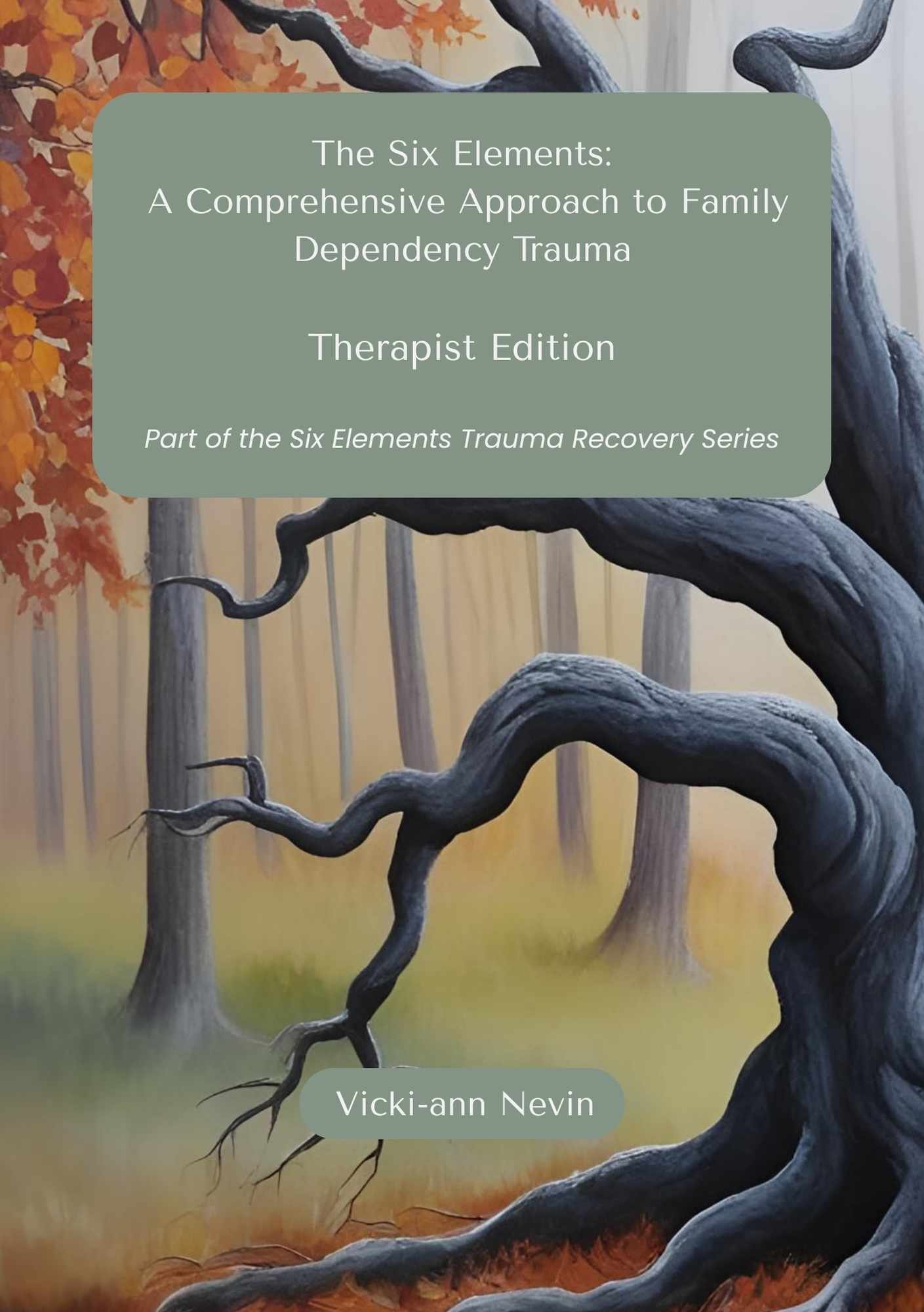Working with Co-dependent Patterns of Low Self Worth
Low Self-Worth and Co-dependence: What Lies Beneath the Surface
Stephanie’s friend has turned up on her doorstep in the middle of the night, children in tow. She’s left her husband again, frightened and uncertain, and Stephanie doesn’t hesitate. She ushers them in, makes tea, and sets up beds. But to make space, she wakes her own children and has them share a room. Her husband is not impressed. In the morning, tension simmers. Stephanie feels torn. Her heart aches for her friend, but now her marriage feels fragile too. She’s trying to keep everyone happy, but she’s not sure where she fits in anymore.
As therapists, many of us see this dynamic in our consulting rooms. Stephanie is generous and caring. But if we look closer, we see a pattern that plays out often in the lives of those who grew up with emotionally dependent or neglectful caregivers. They are so accustomed to meeting others' needs that they barely know their own. They abandon themselves in the name of care.
Low self-worth is not just a confidence issue. For people like Stephanie, it is a deeply rooted belief formed in early relationships, a belief that they are not good enough, not lovable, not worthy of rest, recognition, or respect. Over time, this belief drives a form of co-dependence that shapes how they show up in relationships, work, and even parenting.
I often picture clients like Stephanie as trees that have grown in harsh conditions. Instead of reaching confidently toward the light, this branch has twisted toward survival, shaped by the need to adapt rather than thrive. The scars of early wounds are not always visible in the trunk, but they are present in the way the branch bends, in decisions made from fear, in hesitations rooted in shame, and in the guilt that surfaces when they try to nourish themselves first. In my workbook, I describe five distinct branches of co-dependence, each one representing a way the tree has grown around past pain. You can read more about those five branches here.
Looking after others is, of course, a good thing. We need more of that in the world. But when care for others comes at the cost of their own wellbeing, their family stability, or their emotional safety, it is a sign that the scale is off. These patterns are often driven by a trauma-shaped belief that they are not enough. Not enough to be noticed. Not enough to be cared for. Not enough to belong without proving their worth.
Beliefs of clients with these patterns
Below is a list of how these beliefs often show up in day-to-day life. These traits are drawn from Coda.com, and shared here with permission. They are not flaws. They are the aftershocks of emotional wounds that have yet to heal:
Difficulty making decisions
Harsh self-judgement, feeling never good enough
Embarrassment when receiving recognition, praise, or gifts
Valuing others’ approval over their own thoughts and feelings
Believing they are not lovable or worthwhile
Seeking praise to feel temporarily better
Difficulty admitting mistakes
Needing to appear right, sometimes even lying to maintain that image
Struggling to identify or ask for what they need
Oscillating between feeling inferior and superior to others
Relying on others for a sense of safety
Trouble starting or finishing projects
Difficulty setting priorities and boundaries
These traits are not the problem. They are signs of a deeper problem that started long before adulthood. When we understand these behaviours as adaptations to early emotional neglect or enmeshment, our therapeutic lens shifts. We stop seeing dysfunction and start seeing resilience in disguise.
If you are working with clients like Stephanie, the helpers, the fixers, the ones who feel guilty resting, my workbook may offer support. It provides a narrative-based structure for uncovering the roots of codependent patterns and includes practical tools for healing from low self-worth.
Helping clients move from survival to self-worth takes time, patience, and good maps. This workbook was created to offer exactly that, a guide for those ready to grow upward again, toward the light they’ve always deserved.
Working with Clients.
If you’re working with clients who relate to these patterns, my workbook could be a helpful companion for both you and your client. It offers a gentle, story-based structure for exploring where these patterns began, and includes practical tools to help untangle old beliefs from who they are today.


